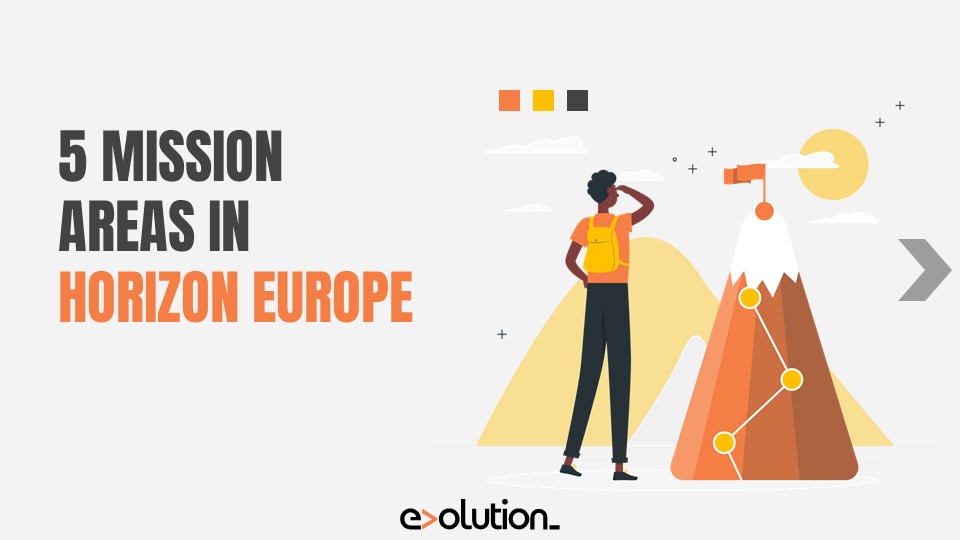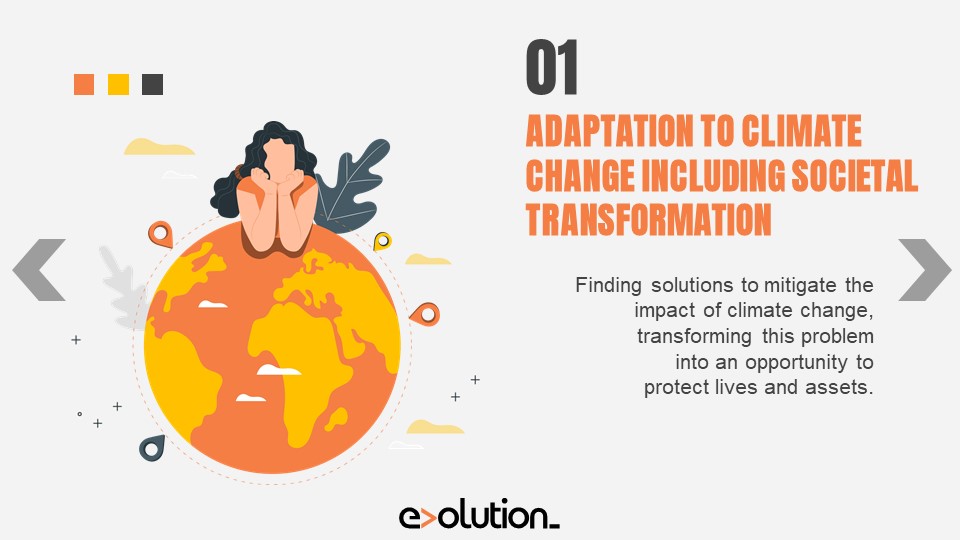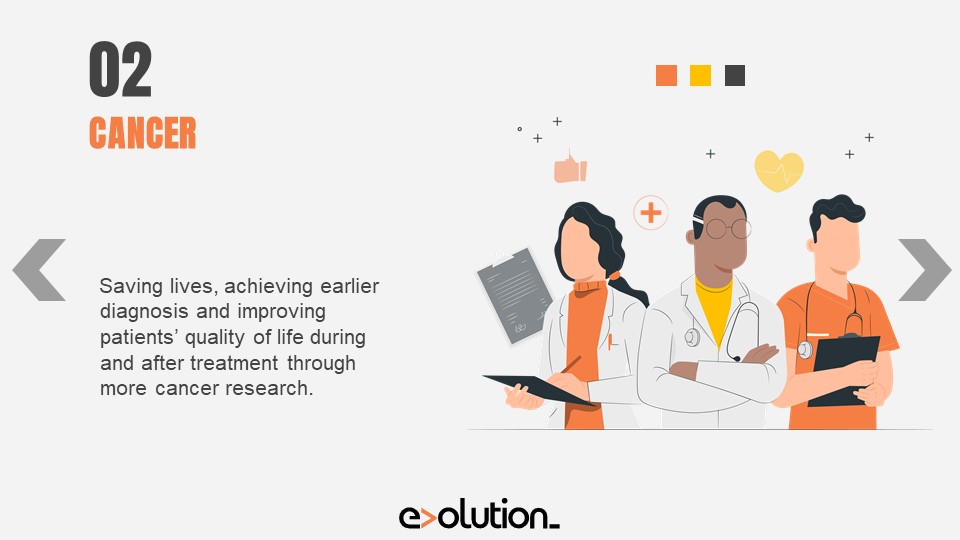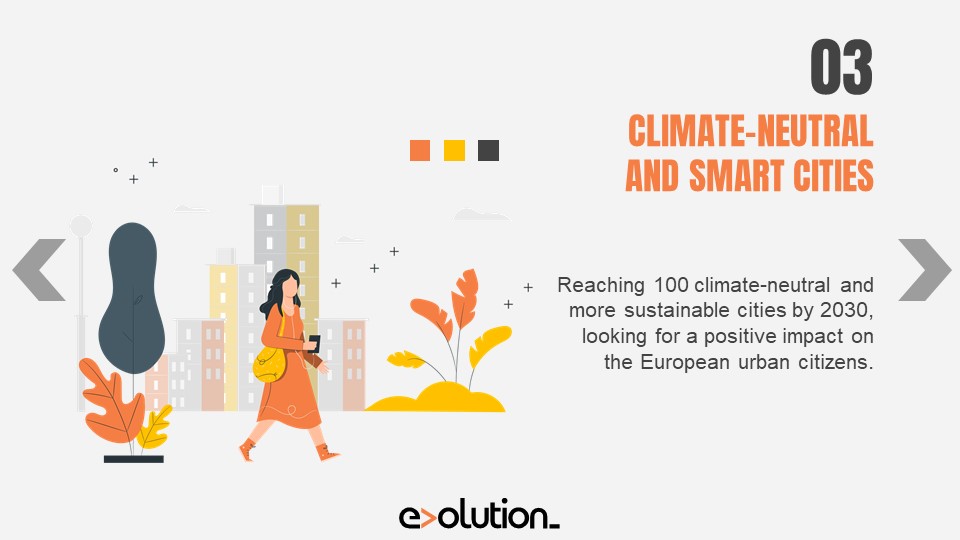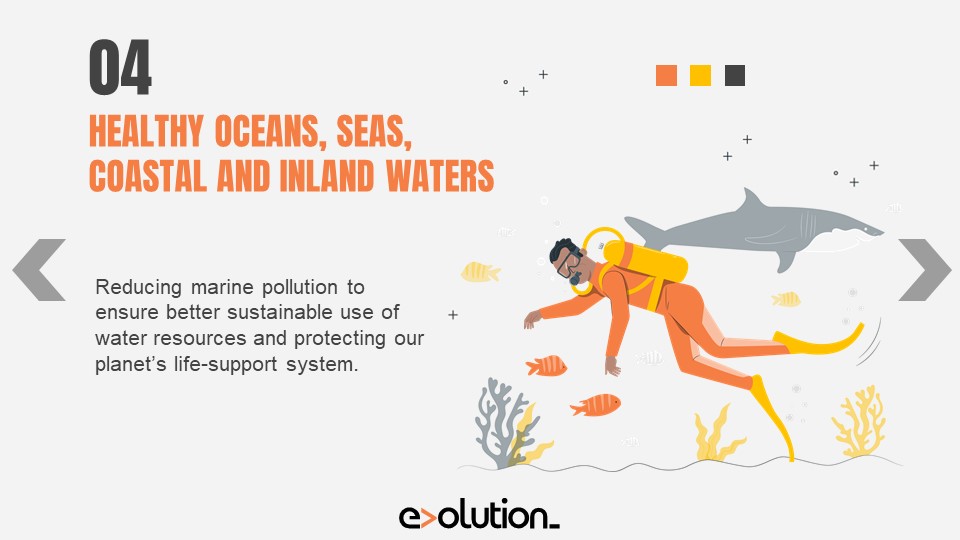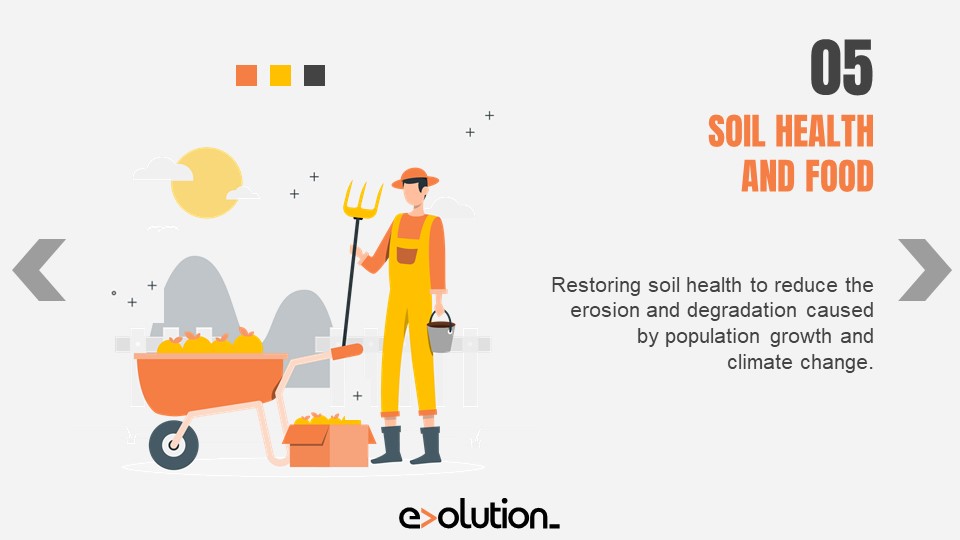Horizon Europe: a general overview of this new framework programme

Disclaimer: This post was written a time ago, so some details may have changed since then. We advise you to check out our services page for more information or to contact us directly through this form. Thanks!
By now, you might already be familiar with the term Horizon Europe. From 2021 until 2027, what we now know as Horizon 2020 will transform into Horizon Europe. This will bring along several changes to the overall structure of the programme, which will affect how companies and institutions can access funding.
The official work programme for Horizon Europe is still being developed, but we have compiled some relevant information regarding its structure to give you an initial overview.
General overview
One of the main announced changes is that Horizon Europe shows a remarkable increase in the proposed budget. Back in 2011, the Horizon 2020 assigned budget was €77 billion for a total of 28 countries (including the UK). While now, Horizon Europe sets its total to €100 billion for most likely 27 countries.
The new program will be divided into three main pillars:
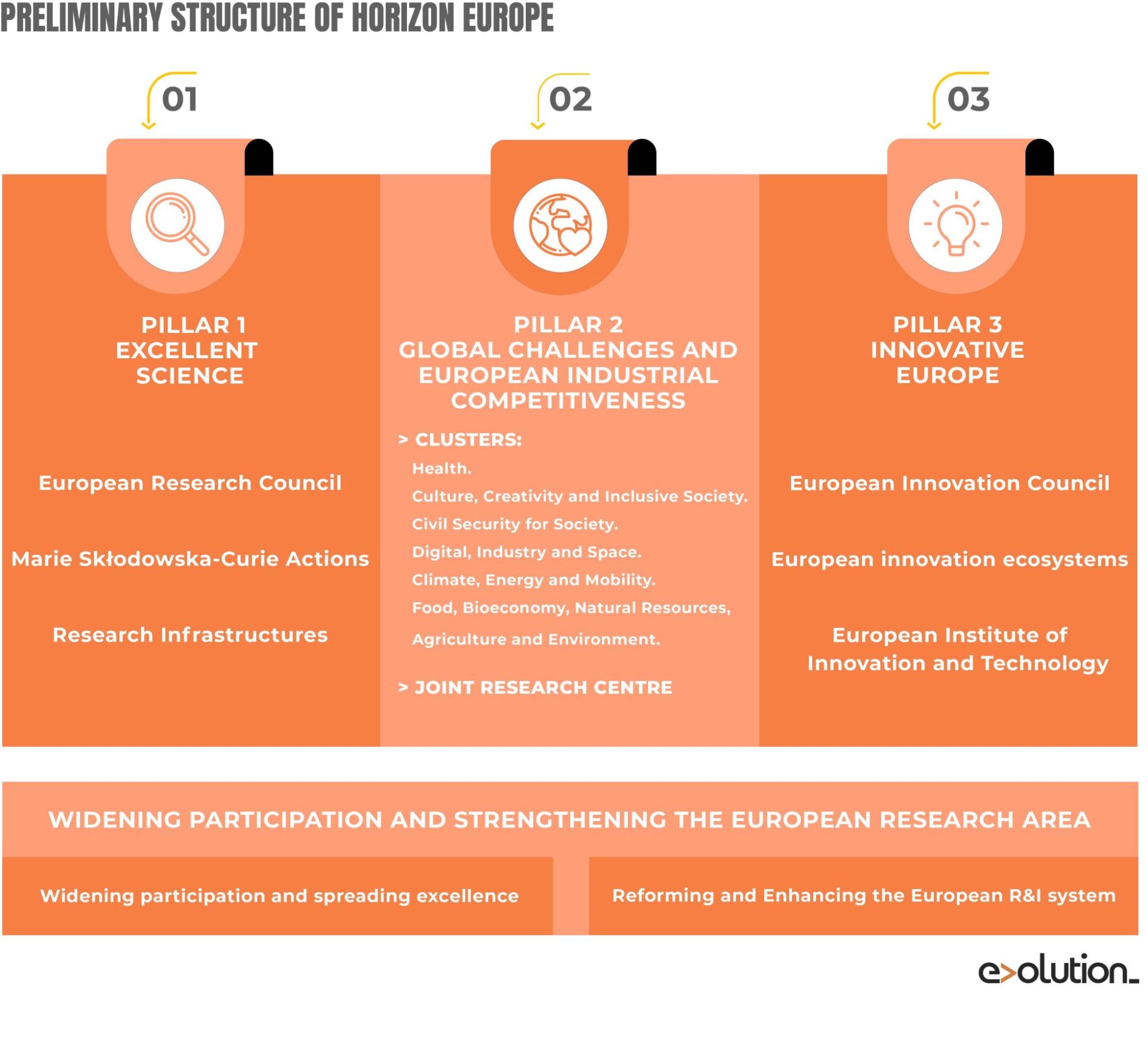
Pillar 1: Excellent Science
Horizon Europe will remain oriented to support innovative and unprecedented technological developments through several channels:
- The European Research Council (ERC) will continue to pursue ground-breaking, high-gain/high-risk research and to advance the frontiers of knowledge through competitive funding.
- The Marie Skłodowska-Curie Actions (MSCA) will continue to support and train the people behind research and innovation, delivering highly skilled talent to society and economy.
- Research Infrastructures will continue to extend knowledge barriers by providing state of the art services to research and innovation communities.
Pillar 2: Global Challenges and European Industrial Competitiveness
This pillar is the main basis of Horizon Europe’s strategic planning, setting the grounds for funding technologies and processes. It addresses some of the most relevant societal issues and pushes for collaboration between EU members and key industry players.
With its focus on targeting key development goals, the cornerstone of the investment is put on multiple clusters:
- Health: Related to healthy working environments, disease control, health care quality, and new digital solutions in this field.
- Culture, creativity and inclusive society: Aiming to reverse socio-economic and gender inequalities, enhancing democracy and governance, and pushing for a better valorization of European cultural heritage.
- Civil Security for Society: Focussed on improving the management of EU external borders, better protection of public spaces and societal resilience.
- Digital, Industry and Space: It will aim to contribute to creating more appealing and creative jobs in Europe and increased inclusiveness in the development of technologies. It will also strongly support the development of competitive, digital, low-carbon and circular industries.
- Climate, Energy and Mobility: Focused on transforming the EU to a climate-neutral and resilient society.
- Food, Bioeconomy, Natural Resources, Agriculture and Environment: Looking for the reduction of greenhouse gas emissions, restoration of ecosystems, and the sustainable use of natural resources.
Besides the six clusters, there will also be a focus on a Joint Research Center, in order to incentivize and facilitate synergies and support state actors with independent scientific research.
Pillar 3: Innovative Europe
This last pillar is focused on supporting breakthrough initiatives based on Key Enabling Technologies (KETs). It aims to achieve a balance between research and innovation, by covering the whole range of Technology Readiness Levels from curiosity-driven research to commercially-driven innovation and support to market deployment. It does so through three key bodies:
- European Innovation Council (EIC), focused on SME growth with projects such as Pathfinder and EIC Accelerator.
- European Innovation Ecosystem, linking regional and national actors.
- European Institute of Innovation and Technology (EIT), an EU body created in 2008 to strengthen Europe’s ability to innovate.
Horizontal pillar
Besides the three vertical pillars which define the structure of the new Horizon Europe, there is also a horizontal pillar that gives a generic focus to the entirety of the programme. It aims to widen participation across member states, encouraging the inclusion of low R&D performing countries within the EU and its associated states.
Furthermore, to promote and encourage research on specific areas, Horizon Europe will establish five R&I Missions:
- Adaptation to climate changes, including societal transformation.
- Cancer.
- Climate-neutral and smart cities.
- Healthy oceans, seas, coastal, and inland waters.
- Soil health and food.
What ‘s up next?
The information we currently have from the European Commission leaves us some details about the innovative approach of Horizon Europe. With an increased budget and a stronger focus on R&D, it may ensure key technologies to solve Europe’s most pressing issues and to foster higher levels of inclusion amongst all member states from January 2021.
There are, however, certain aspects that still need to be defined under the new work-programme:
- The participation of some member states like the UK is still to be determined.
- The emergence of new programmes that offer new relevant funding lines.
- Specific program budgets and cut-off dates.
- Potential changes to the criteria and/or evaluation process of current programs.
Would you like to know the latest news about Horizon Europe? On our LinkedIn page, we will be posting the most recent updates from the European Commission to communicate all the opportunities Horizon Europe can bring to your innovative project. Follow us to keep up to date!

